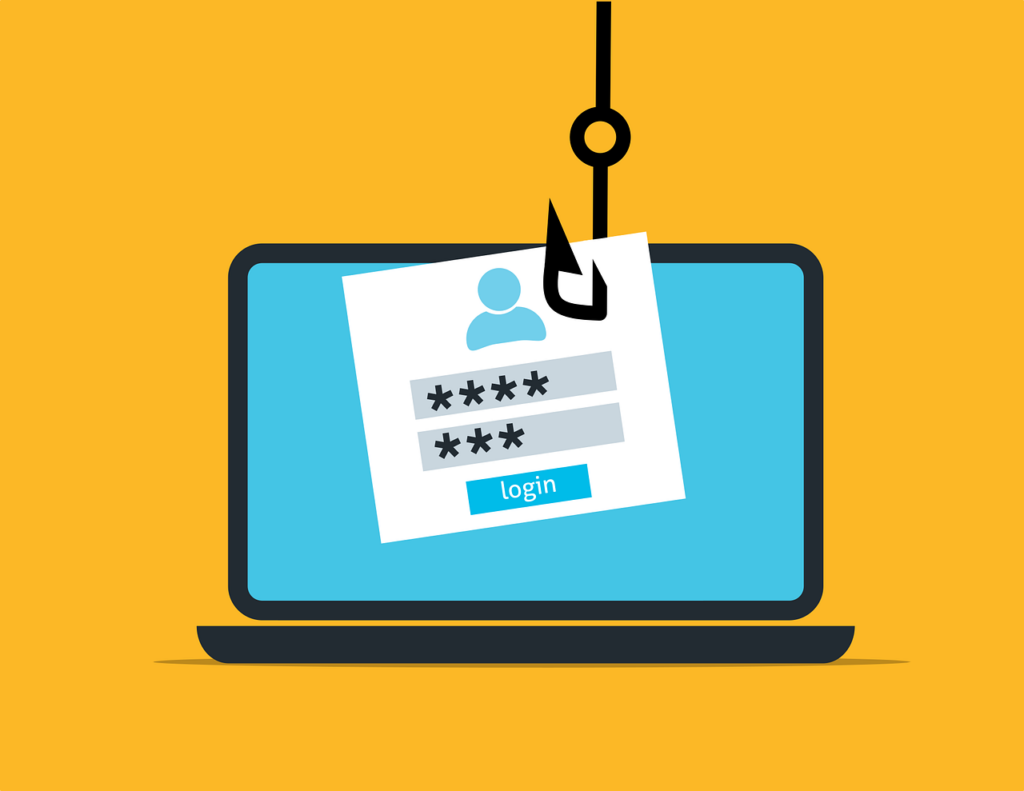A Verizon Data Breach Report that was issued in 2017 revealed that 81 percent of all security breaches that occurred were the result of weak or repeatedly used passwords. It’s no secret that security breaches can cause major havoc, cost exorbitant amounts of money, and result in major headaches. In order to avoid the drama, creating a strong master password is an absolute much.
Why are strong master passwords so important? How do you go about creating them? To find the answers to these questions and more, keep on reading.
Why are Strong Master Passwords Important?
From email to social media, and from Amazon to online banking, master passwords are what allow you to gain access to all of these online accounts. If you’re like most people, you probably do so many things online these days (and the list keeps on growing). With that said, creating and remembering passwords for each account can be daunting, and so you may just use super-simple passwords that are easy to remember, or you may recycle the same passwords across multiple accounts. While these might seem like simple solutions – and though it’s true that you may be able to easily remember your passwords when you take this approach – using simple passwords, and using them across multiple platforms, can cause major trouble.
Why? Well, because hackers will be able to figure them out with ease. It doesn’t take a lot of effort for a bot, a cybercriminal, or any other malevolent entity with ill-intent to determine your passwords. And of course, when your passwords are determined, they can gain access to your accounts. If that happens, your email could be hacked, your social media account could be taken over, or (perhaps most harrowing of all) your bank accounts could be drained – and your ID could be stolen!
Needless to say, the best way to combat a cyber breach and all of the hardships that come along with them, selecting super strong, bulletproof master passwords are an absolute must.
What Makes a Password Strong?
A strong password will feature the following elements:
- Length (the longer the password the better)
- A mixture of alpha-numeric symbols, including upper and lower case letters, numbers, and symbols ($, @, %, &, etc.)
- No connections to your personal details
How to Create a Strong Password
Trying to keep all of the above-mentioned factors in mind can be tough (that’s why so many people end up using simple passwords, and use them across multiple platforms, which often ends up being a major mistake). A simple, yet highly effective strategy that you can use to develop a password that’s easy to remember for you but that’s difficult for hackers to crack is creating a passphrase.
What is a passphrase, you ask? It’s a random succession of words and alpha-numeric characters that are strung together to serve as a password. It’s quite long (between 20 and 30 characters), and it involves using a combination of characters and/or words that would make sense to nobody else but you, making it easy for you to remember, but difficult for hackers to crack. Examples might include:
- So_Excited_to_Be_A_Mama_489
- Myweddingwasthebestday-ever!!
- Mytrip-2-Texas-Was-Amazing
